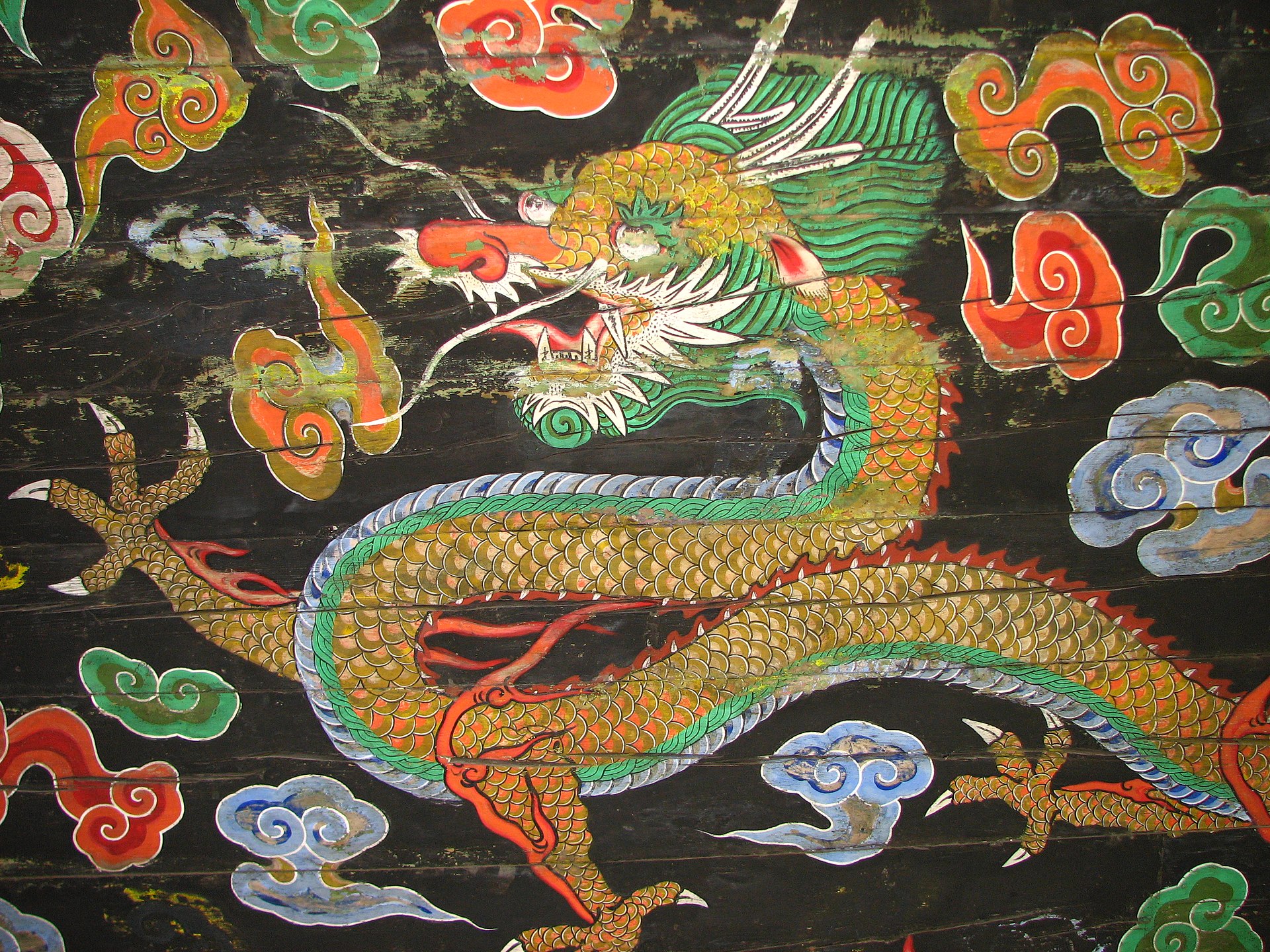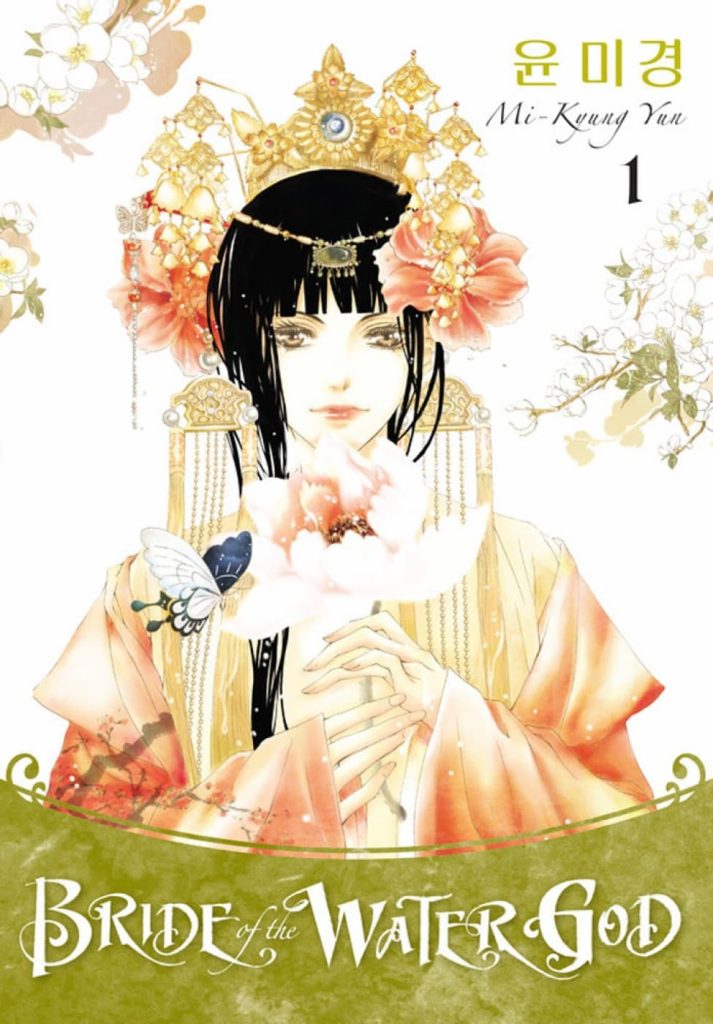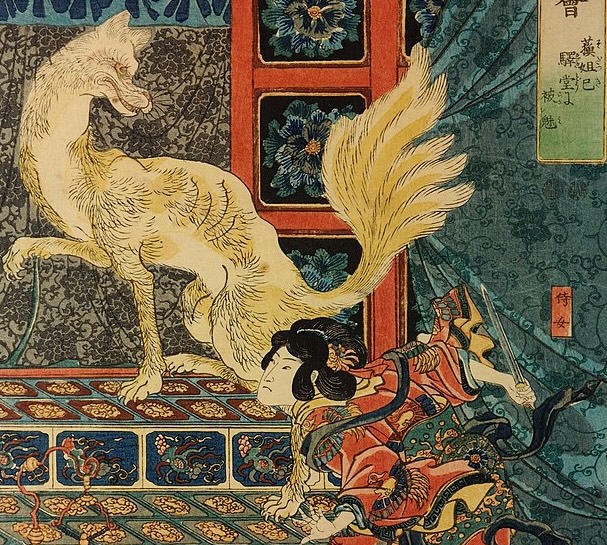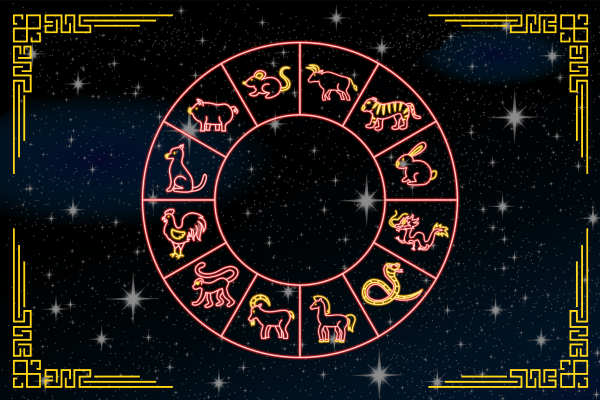Reading Lists
7 Magical Books Inspired by Korean Mythology
Sophie Kim recommends stories brimming with gods, monsters, and mystery

Korean mythology brims with everything from philosophy and political intrigue to glorious creatures. Fox shapeshifters with a penchant for male livers. Club-wielding goblins with an excess of mischief. Winged maidens who spend their days in the sun-warmed mortal forests, and their nights in the star-dotted heavens. The traditional stories of Korea are vibrant, and more than ripe for the retellings.
This love of the retelling is where I draw the majority of my inspiration. My novel Last of the Talons follows Lina, a teenage assassin, as she becomes entangled in a treacherous game of cat-and-mouse with a cruel and captivating dokkaebi emperor. Armed with her swift, precise blade against his enchanted flute, Lina is given fourteen days to either kill him…or be killed in turn. The sequel to Last of the Talons, Wrath of the Talon continues the adventures of Lina as she embarks on her bloodthirsty quest to reclaim her kingdom from a vicious crime lord. Drawing deadly power from the mysterious, serpentine Imugi, Lina has transformed into living vengeance, an assassin deadlier than a blade itself. Yet there is a mysterious side to her growing abilities, a dark voice that lurks inside of her mind and seeks to push her closer and closer toward ruin.
In my new novel The God and the Gumiho, I give the notorious Korean trickster god (Seokga) a detective twist, transforming him into a coffee-addicted investigator shunned from the Heavenly Realm for his, ah, transgressions. When a demon of darkness escapes the underworld, and an infamous murderer known as the Scarlet Fox briefly reappears before vanishing once more, Seokga must pair up with a coffee-slinging gumiho to save the mortal realm.
Mythology, monsters, mystery, and magic.
That’s the catchphrase I often use to describe my novels, and it’s my catchphrase for a reason. As of this point in time, the entirety of my published work draws from the rich folklore of Korea, where all of these alliterative words abound.
Below are some other extraordinary novels that also incorporate Korean mythology into their enrapturing pages.
The Girl Who Fell Beneath the Sea by Axie Oh
The Girl Who Fell Beneath the Sea is a gorgeous reimagining of a traditional Korean tale, “The Tale of Shim Cheong.” Swept away to the whimsical Spirit Realm after sacrificing herself to the sea on behalf of her brother’s beloved, protagonist Mina is thrown into an adventure reminiscent of the most beautiful Ghibli films. Determined to end her village’s cycle of sacrifices, she seeks out the Sea God, only to find that he is stuck in an enchanted sleep. Along with a motley crew of new friends and a mysterious (and alluring) deity named Shin, Mina embarks on a quest to wake the Sea God and save the girls in her village.
Wicked Fox by Kat Cho
Wicked Fox is the tale of Miyoung, a ravenous gumiho who crosses paths with a mortal boy named Jihoon, and saves him from a dokkaebi at the cost of her treasured fox-bead. Cho takes the reader through a whirlwind, romantic adventure in modern-day Seoul as Miyoung and Jihoon are pursued by murderous forces and as their burgeoning friendship blossoms into something more.
Prophecy by Ellen Oh
Prophecy by Ellen Oh follows a fierce warrior through an immersive fantasy world in which danger abounds. When her kingdom, Hansong, falls under threat from a demon invasion, royal bodyguard Kira is forced to flee with the prince she’s sworn to protect. As the Demon Lord’s forces continue to wreak havoc, Kira embarks on a dangerous quest to locate a prophesied hero, whom myth claims will unite the Seven Kingdoms and defeat the demonic armies. As the stakes grow deadlier, Kira will soon discover that there is more to the war . . . and to herself . . . that meets the eye.
Vicious Spirits by Kat Cho
In the sequel to Wicked Fox, Miyoung’s lost fox-bead has ripped a hole through the veil separating the world of the dead and the world of the living. As ghosts terrorize Seoul’s streets, Somin and Junu—two lovable characters from the duology’s first installment—must try to repair the boundaries between life and death before it’s too late for Seoul . . . And for the world.

Bride of the Water God by Mi-Kyung Yun, translated by Julia Kwon Gombos
Bride of the Water God is another retelling of “The Tale of Shim Cheong.” When Soah is sacrificed to the sea by her starving village in an attempt to appease Habaek, the water god, she embarks on an adventure that’s most unexpected. Rescued by Habaek himself, Soah explores her exciting new life in the underwater realm, and can’t help but to fall in love with the god who’s not at all the monster she expected.

Folklorn by Angela Mi Young Hur
Folklorn is the story of particle-physicist Elsa Park, but it’s also the story of ancestral myths and the deep connection between folklore and family. When Elsa is called back to her childhood home after time spent stationed in the Antarctic, she unravels haunting familial secrets. Desire, magic, and fury are all passed down through the women of her line as they live cyclical lives narrated by the mythology of their heritage. The stories of Folklorn closely intertwine with each other, and the novel’s exploration of generational trauma reaches deep.
Princess Bari by Hwang Sok-young, translated Sora Kim-Russell
One of the most classic Korean folktales is of Bari, who journeys to the underworld disguised as a man to retrieve medicine (magical flowers and a potion called Yangyusu) for her ailing parents. While in the underworld, Bari heroically saves tormented souls and encounters a god, whom she falls in love with. Princess Bari is a retelling of this traditional myth in the modern world. Hwang Sok-young takes the reader on a riveting adventure as Bari’s modern reincarnant escapes North Korea and flees to London, with a few other stops along the way.









